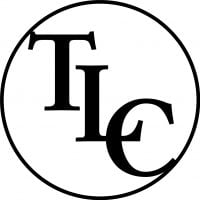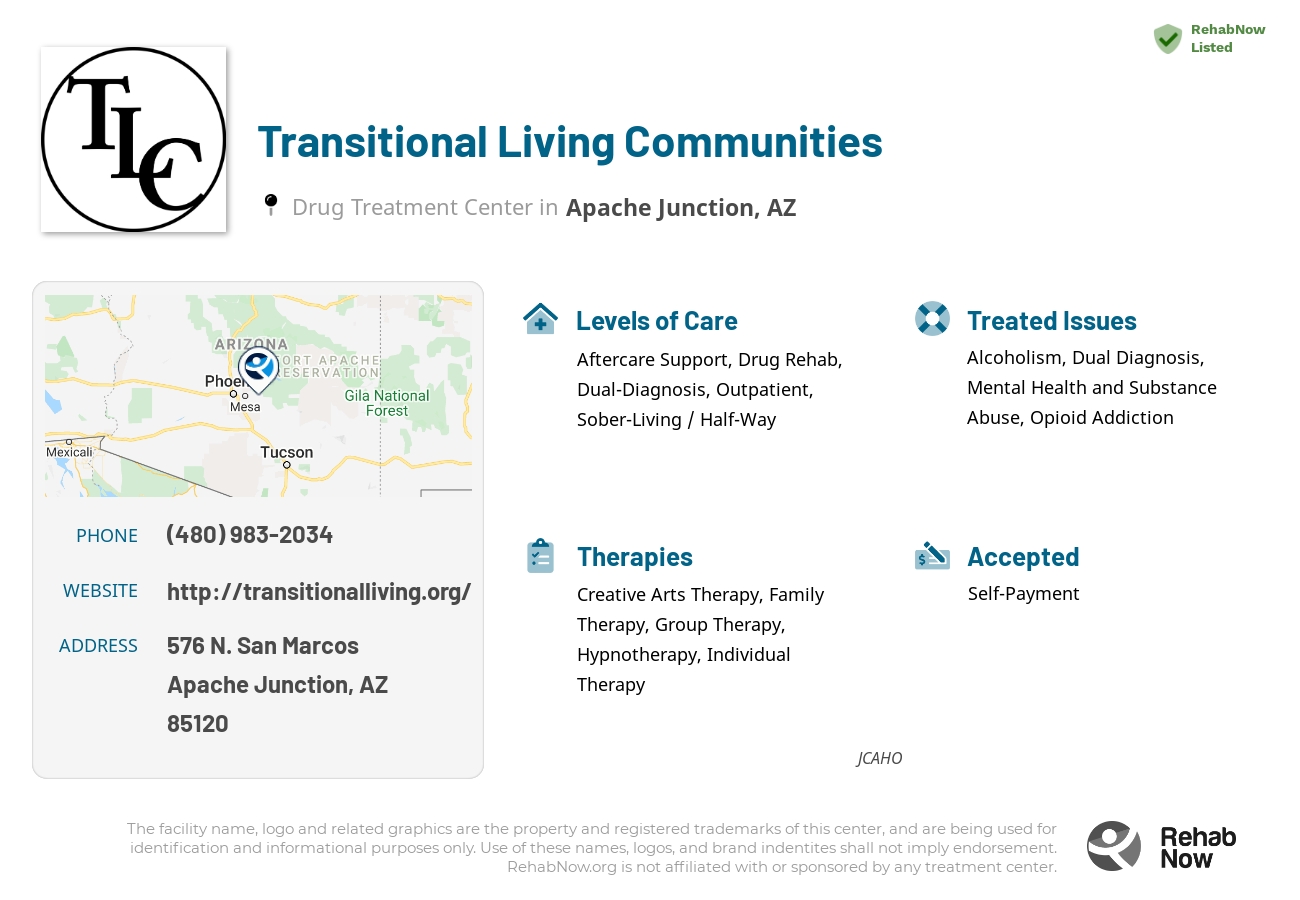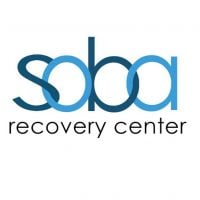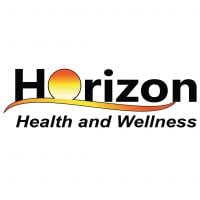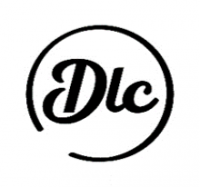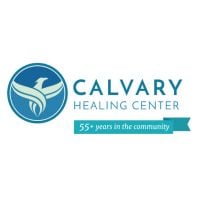Transitional Living Communities
Drug Rehab Center in Apache Junction, Arizona
Transitional Living Communities is a 40 bed, accredited facility in Apache Junction, AZ, providing comprehensive treatment for individuals with addictions, mental health issues, and other substance abuse concerns since 1992.
About This Arizona Facility
Transitional Living Communities (TLC) is a peer-run drug and alcohol rehab facility located in Tucson, Arizona. With 850 residential beds, TLC provides comprehensive addiction treatment services to adults seeking recovery. The facility offers a supportive environment and a range of educational opportunities to help individuals rebuild their lives.
TLC's mission is to support recovery through various services, including halfway house accommodations, a state-licensed treatment program, sober housing for management and graduates, and on-the-job training in trades like air conditioning, roofing, painting, and sheetrock. The facility's approach emphasizes empowering individuals to develop the skills and discipline necessary for long-term sobriety.
Accredited by JCAHO, TLC provides a structured residential program with three phases to measure progress. Patients begin with a two-week initial phase focused on attending 12-step meetings and seeking employment. As they advance, they gain more independence while participating in relapse prevention classes, peer counseling, and continued 12-step involvement.
- Intensive outpatient program with flexible treatment options
- Substance abuse assessments and individual counseling
- Transitional housing and relapse prevention services
TLC specializes in treating various substance addictions, including alcohol, opioids, and other drugs. The facility's comprehensive approach addresses the unique challenges faced by individuals struggling with addiction and co-occurring mental health disorders.
Genders
Ages
Modality
Additional
Accreditations

JCAHO
Conditions and Issues Treated
Substance Abuse Treatment is important when getting sober, as it helps addicts learn the skills they need to live a clean life. There are many different kinds of recovery treatment, including medication-assisted therapy, behavioral therapeutic approaches and self-help groups, as well as counseling.
Opioid abuse has become a national epidemic in the last decade. The US has one of the world’s highest rates of opioid use and abuse, as well as opioid-related deaths. Opioids are classified as Schedule II-IV controlled substances in the US due to their high potential for abuse.
Oxycodone, hydrocodone, methadone, and fentanyl are the most common Opioids and are commonly prescribed to treat pain. Tolerance to opioids develops over time, making life difficult, if not impossible, without them. Opioid users often obtain the drugs illegally. They can be drug dealers, friends, or family members who do not have valid prescriptions.
The desire for a more intense high than prescription opioids can quickly lead to heroin use. Heroin users are more prone to illness and death due to the high risk of overdose.
Many opioid addicts who seek treatment believe that the only way to overcome their addiction is through medical detox and long-term drug addiction rehab. To help patients wean off their addiction and reduce the risk of overdose, medication-assisted therapy (MAT) involves prescribing a replacement opioid. Doctors use MAT in conjunction with other anti-craving medications to help patients maintain recovery. Due to the high risk of relapse, MAT is often combined with individual and group counseling and social support programs.
When addiction and psychiatric issues co-occur, the addict’s recovery is more successful when both conditions are treated. A dual diagnosis refers to a condition in which the patient is diagnosed with two health issues: addiction and bipolar disorder. The most common therapies are psychotherapy, behavioral therapy, spiritual counseling, 12-step programs, and medication management.
Levels of Care Offered at Transitional Living Communities
This center offers a variety of custom treatment tailored to individual recovery. Currently available are Aftercare Support, Drug Rehab, Dual-Diagnosis, Inpatient, Outpatient, Residential, Sober-Living / Half-Way, with additional therapies available as listed below.
Inpatient treatment centers offer a safe, secure, and often medically supervised environment for drug or alcohol-addicted individuals. Many of these facilities are equipped to provide detoxification, treatment for co-occurring mental health disorders, and aftercare programs. The patient typically spends 28 to 30 days at the facility and will receive extensive drug counseling.
An outpatient treatment program is set up to help with alcohol or drug addiction or a co-occurring disorder. The patient must attend the facility for their therapy and other programs but can return home each night.
The frequency of mandatory attendance decreases after much of Transitional Living Communities‘s program is complete.
Outpatient treatment is a recovery approach that allows recovering addicts to live at home while getting rehab for addiction
An outpatient can include day treatments which include attending group sessions one hour per week. A person living in an outpatient environment may be allowed the opportunity to work full time if they choose to and continue studies without interruption from drugs/alcohol.
Outpatient treatment is an option for people who want to maintain their careers and families. Outpatients live at home but attend treatment such as individual counseling, group counseling, or twelve-step meetings during the day.
Sober Living Homes are used in drug rehab to help former addicts maintain sobriety. The residents are provided with a safe and supportive environment to learn how to live a sober life. They also provide them with opportunities for exercise, many of which encourage learning coping mechanisms that will be helpful later on.
Residential treatment programs are those that offer housing and meals in addition to substance abuse treatment. Rehab facilities that offer residential treatment allow patients to focus solely on recovery, in an environment totally separate from their lives. Some rehab centers specialize in short-term residential treatment (a few days to a week or two), while others solely provide treatment on a long-term basis (several weeks to months). Some offer both, and tailor treatment to the patient’s individual requirements.
Aftercare support is vital to the success of someone in drug or alcohol treatment. It involves assisting with entering a sober living home, getting career counseling or educational assistance and even getting the individual lined up with programs like AA and NA. This support helps recovering addicts readjust to normal day-to-day activities and maintain sobriety.
When a person is in drug or alcohol treatment, they have to increase their focus on themselves. They need to learn how to recognize the triggers that cause them to relapse and learn the habits that would benefit them if they were to be sober. This is all part of the growth in recovery, and aftercare is essential to that process.
Therapies & Programs
At Transitional Living Communities , to learn from past mistakes and improve one’s situation, the recovering person meets individually with a therapist. The counselor or therapist will address addiction causes, triggers, mental issues, dual diagnosis, and aftercare plans during this time. This is a very intense and challenging process. Some clients find it easier to open up to someone other than family or friends who understand their struggles with addiction.
Family therapy is a crucial part of drug treatment and getting sober. It is one of the most effective ways to help addicts stay on the path to long-term sobriety. An addict’s family can play a vital part in helping them to avoid relapse. They can spot the warning signs and help them get back on track.
In group therapy, recovering addicts meet with a therapist and other people in recovery. Some groups are closed, meaning only people who share the same addiction or problem can attend. Others are open to anyone who wants to stop using drugs or drinking alcohol. Group therapy sessions typically focus on one topic each week or month so that recovering addicts can discuss issues they face daily.
Trauma therapy allows people to face and learn from past traumas.
Many people suffer childhood traumas that lead to adult addiction. During treatment at Transitional Living Communities [/type], you can move forward in your recovery and reclaim your sober future! Trauma is a common cause of psychological disorders like Addiction Disorder. It’s common in Addictive Disorders patients because traumatized people have strong emotions or thoughts that lead to addictive behaviors.
Drug and alcohol addiction can lead to a breakdown in life skills. Learning certain life skills can help those who are struggling with addiction. Life skills training at Transitional Living Communities in Apache Junction, AZ teaches patients skills such as time management, budgeting, and social abilities to improve their quality of life and prevent relapse.
An addict’s life skills are maladaptive, meaning they are counterproductive. An addict may have learned poor time management skills growing up, have a hard time budgeting money, or be socially awkward. An addict’s poor life skills can lead to relapse and the inability to achieve long-term sobriety. Life skills training teaches patients effective coping mechanisms, which can help them live a clean and sober life.
The 12-step program is designed for people who suffer from addiction. It helps addicts to recover and live a normal life. This program is used in almost all substance abuse treatments. The 12 steps include:
- Admitting the problem.
- Focusing on the recovery process.
- Making amends with others.
- Believing in a higher power.
In this program, peers help each other to achieve the goal of abstinence. The founders of Alcoholics anonymous initially developed the 12-step program. According to its successful results, it is used as a part of other substance abuse treatments. The program provides cognitive restructuring to an individual to change negative thoughts, which leads to long-term benefits.
Patient Experience
Experiential Therapy at Transitional Living Communities
Experiential Therapy is a different way of thinking about addiction treatment. It uses physical activities to help work through troubling emotions, memories, and trauma that are sources of psychological issues like addiction.
Experiential Therapy can be an effective option for those who have struggled with past traumas or challenges associated with life decisions such as drug use. The non-traditional approach helps people deal more effectively with these struggles. It also allows them to gain new perspectives on their behavior patterns by recreating experiences in healthy ways rather than continuing old habits that may no longer serve them.
Payment Options Accepted
For specific insurance or payment methods please contact us.
Is your insurance accepted?
Ask an expert, call (888) 674-0062
Associated Centers
Discover treatment facilities under the same provider.
- Alano Society in Valley City, ND
- Discovery Point Retreat - Waxahachie in Waxahachie, TX
- ARC - Arizona Rehab Campus in Tucson, AZ
- The Lighthouse Community - San Diego in San Diego, CA
- Defining Wellness Centers in Brandon, MS
Learn More About Centers
Additional Details
Specifics, location, and helpful extra information.
Apache Junction, Arizona 85120 Phone Number(480) 983-2034 Meta DetailsUpdated April 15, 2024
Staff Verified
Patient Reviews
There are no reviews yet. Be the first one to write one.
Apache Junction, Arizona Addiction Information
Arizona has some of the highest rates of prescription drug abuse in the United States. Methamphetamines, heroin and morphine are among the most commonly abused substances. Prescription pain relievers were prescribed to 348 million people in 2012, enough to medicate every adult in Arizona for 2 full weeks. The number of people with substance use disorders in Arizona has remained relatively constant over the past few years.
9.7% of Apache Junction residents reported using an illicit drug in the past month. 18.5% of residents reported binge drinking. The majority of drug abuse cases occur among adults, but there is a growing number of adolescents that are abusing drugs. Nearly 11% of youth under 21 in Apache Junction take prescription painkillers for non-medical reasons. There are rehabilitation centers in Apache Junction that can provide you with care and support.
Treatment in Nearby Cities
- Clifton, AZ (133.2 mi.)
- Rimrock, AZ (85.4 mi.)
- Douglas, AZ (185.5 mi.)
- Mayer, AZ (78.1 mi.)
- Casa Grande, AZ (37.4 mi.)
Centers near Transitional Living Communities
The facility name, logo and brand are the property and registered trademarks of Transitional Living Communities, and are being used for identification and informational purposes only. Use of these names, logos and brands shall not imply endorsement. RehabNow.org is not affiliated with or sponsored by Transitional Living Communities.
